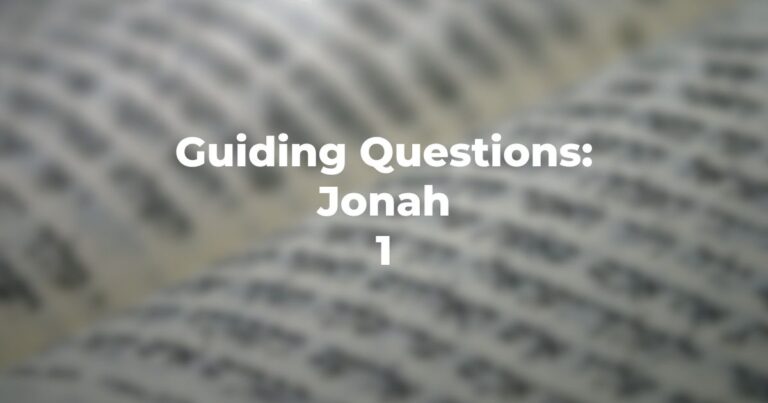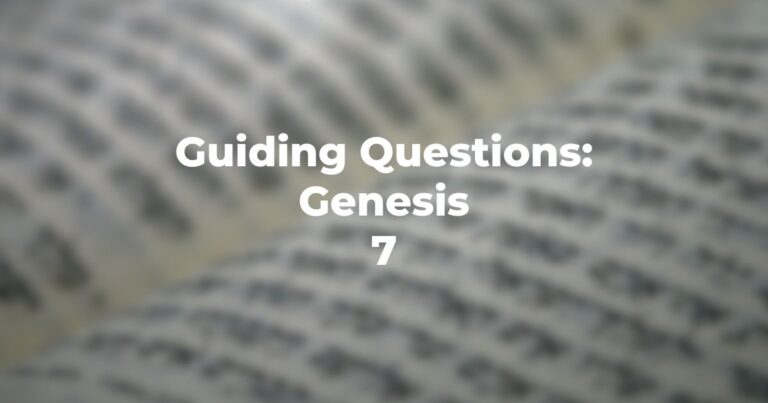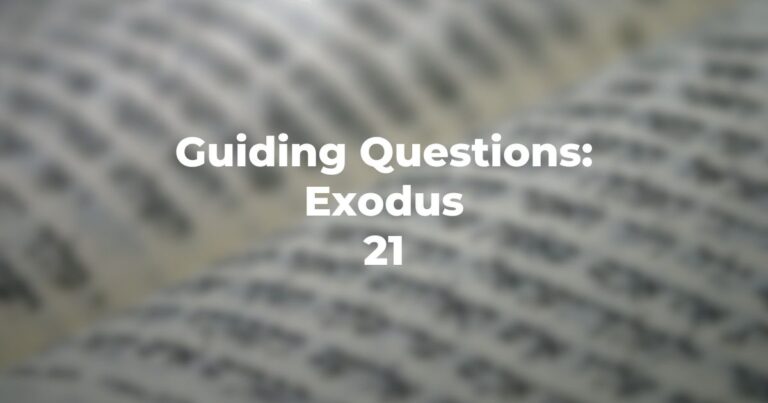- How does Exodus 6:1-2 relate to Exodus 6:3 et seq., especially (but not limited to) the name of God?
- Is there is a specific place set down where this revelation takes place?
- How does Exodus 6 differ (if it does) from the earlier Burning Bush vignette (Exodus 3-4)?
- In Exodus 6:3 is it clear that the text asserts “my name YHWH I did not tell them (they did not know it) — they knew me as Eyl Shaddai?”
- But, name to the contrary notwithstanding, what does Exodus 6:4 affirm?
- In Exodus 6:5 what is meant by “I remember” — does God forget or is this an (another) instance of text using descriptives amenable to human understanding, rather than precise theological terminology as to Divine attributes?
- Who (as per verb constructs) will take out, save, redeem, take as a people, etc.; Moses or Divinity Itself?
- Does the new name for Divinity explicate (imply) a new role — i.e., the promisser and Covenant-maker is also savior?
- Does a “new name” mean “new things” are to happen?
- Why, and how, is the reaction in Exodus 6:9 quite other than in Exodus 4:29-31?
- Therefore, if they will not respond — who is next?
- Is Moses agreeable to the “next step?”
- Does Exodus 6:13 appear to be in place in the narrative?
- Would (might) the genealogy in Exodus 6:14–27 be a pertinent intrusion in the flow of the narrative or is it pertinent?
- What does Exodus 6:20 add to our knowledge of Moses’ family not known before? (Is this the same as wha is set down in Exodus 2:1-3 as to siblings?
- What do Exodus 6:29-30 add to the narrative?
Author
-

Exploring Judaism is the digital home for Conservative/Masorti Judaism, embracing the beauty and complexity of Judaism, and our personal search for meaning, learning, and connecting. Our goal is to create content based on three core framing: Meaning-Making (Why?), Practical Living (How?), and Explainers (What?).
View all posts





